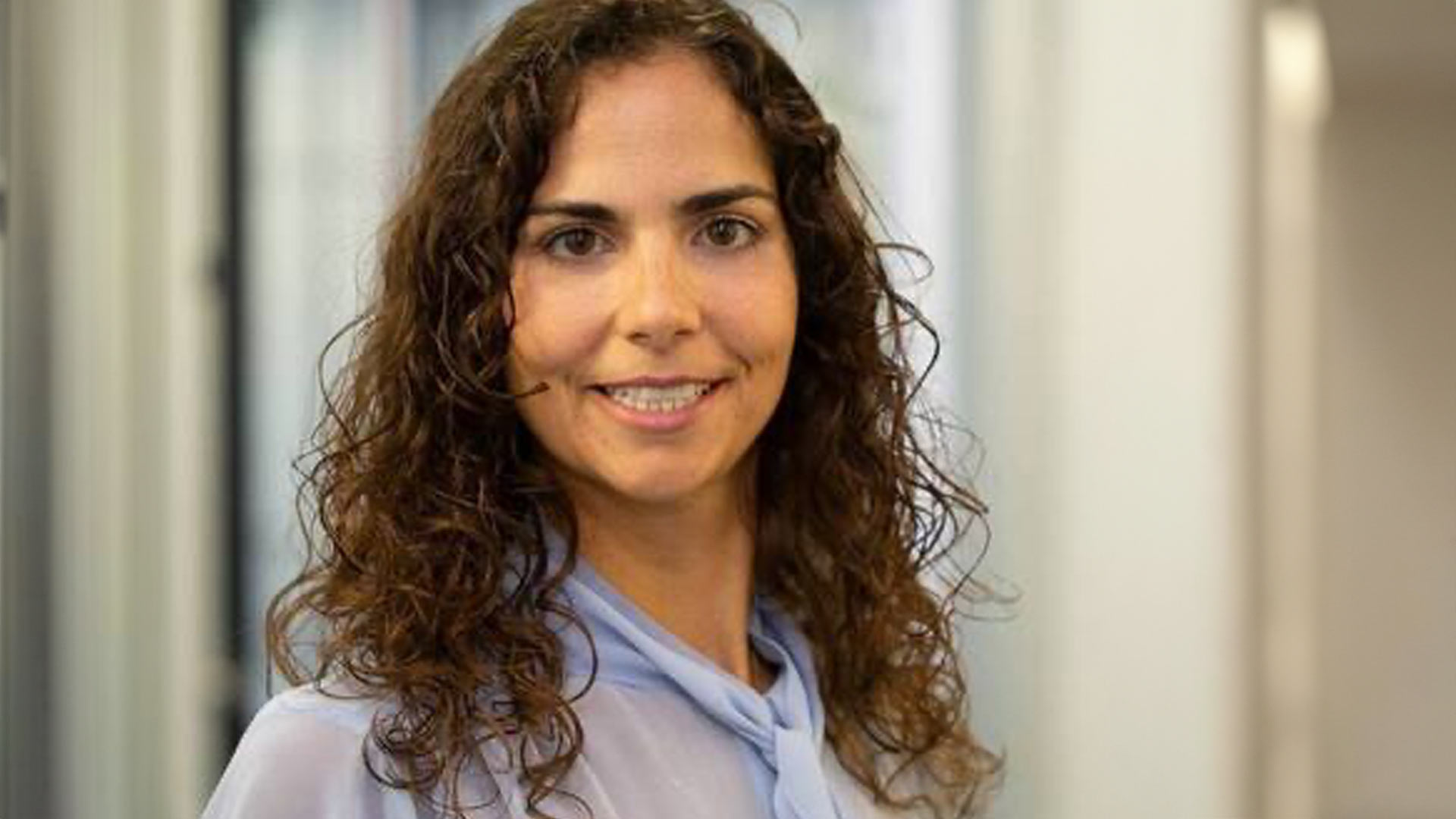She started the business with her thesis advisor and was supported by Stanford’s incubator program StartX that helps students start companies and introduces them to investors. Though they were able to raise money, there were plenty of challenges getting the business off the ground. At first, they didn’t want to tell anybody what they were doing. “That already shows that we were very naïve. If we had told people, they would have given us advice, we could have adapted faster,” she says.
The technology was great but it was difficult to find the right market fit. They had to listen and pivot a lot. She had to learn how to fail, something she was not used to doing. Failure was not in her vocabulary and that was a big lesson. They had to fail to adapt, and the most important thing was to adapt fast.
She believes that entrepreneurship is also about luck. “You could be doing everything right and working super hard and being the best entrepreneur, but if you don’t get some luck, you won’t get the reward,” she says. And if you don’t get that luck at first, she says talk to others, listen to the environment to understand why, and then adapt fast.
Montse says it’s no longer necessary to be in Silicon Valley to start a successful company. She believes Silicon Valley is not a place; it’s really a network. For those outside of Silicon Valley who want to be part of that network, she recommends first finding successful entrepreneurs in your region as they likely will have some connections to Silicon Valley. She thinks there are going to be a lot more startups coming from all over the world.
It’s important to keep all your options open. When asked about her biggest dreams for herself ten years from now, she replied: “I don’t like to box myself into a dream because that forces me into that. I think that there are so many great things that can happen to you just by letting things flow. If I were to think about a goal, then that would probably close other doors that are opening on my sides and windows that I probably would neglect.”


